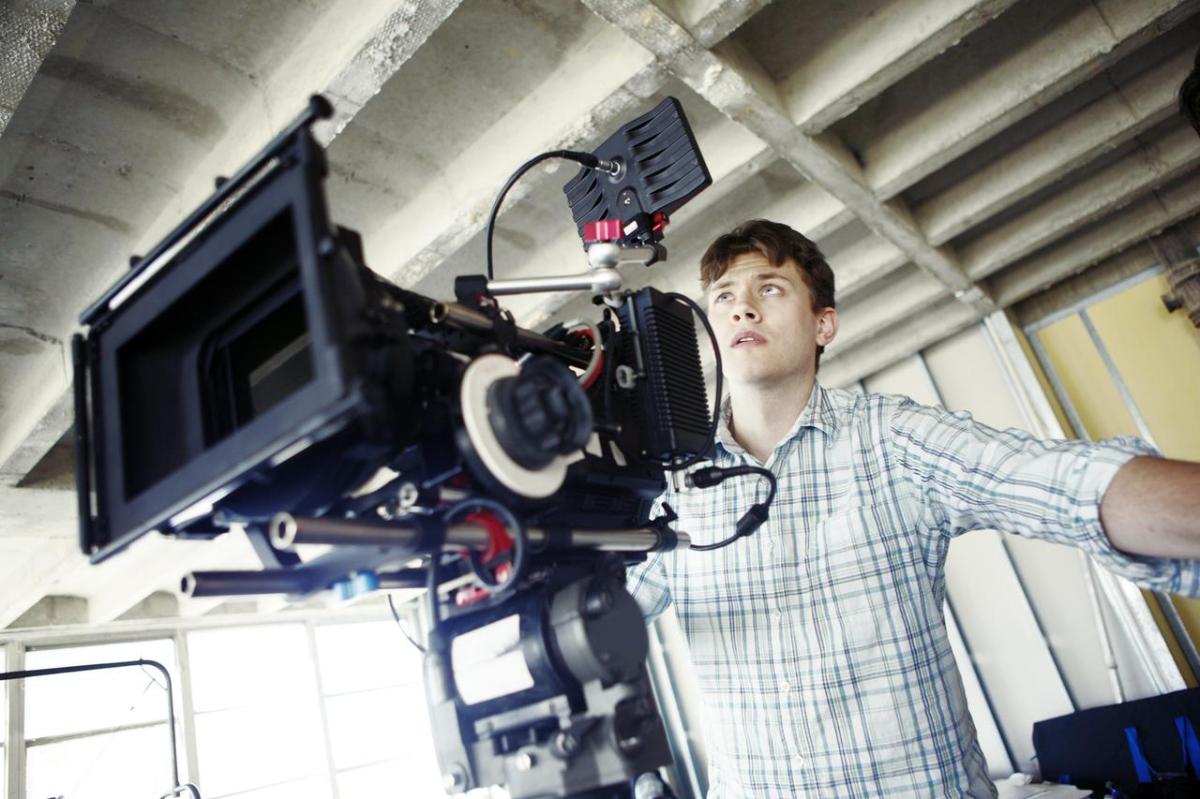Timing… we have taken a word out of our sleeve and it seems that it is modern and that we invented it 3 days ago… but nothing could be further from the truth. Time management, organisation and structuring of tasks is something that even our grandmothers used to do with the planning of the weekly meal to go to the market and be more efficient in the shopping…
But the reality is that for everything you have to organise yourself and if you want a project to go ahead successfully and with the highest productivity, this is the only way… there is no other way, there are no alternatives, this is the first thing and we can’t skip it.
I will give you an example so that you understand that I am not only referring to marketing or sales projects.
I am a director and scriptwriter of short films and the only way for a short film to meet budgets and make it to port is with good time management and organisation of the different phases.
I wrote and directed a 3-minute short film (“Un Segundo”), which won top awards, but, contrary to what people think, this is not only achieved with a good script, good actors and a good director. And of course, the work is not limited to the three minutes of glory of the short film. It is a team effort in which everyone contributes a fundamental part to the success of the project (in this case the shooting, broadcasting, submission to festivals and the acceptance of film professionals and the public).
Once you have the selected script in hand, you have to make an exhaustive analysis of it in order to calculate the cost of the filming:
Where is the action going to take place, is it going to require rental costs and/or permits, etc.?
The props, from the actors’ wardrobe to any object that comes out of the frame.
The necessary material required to carry out the filming (cameras, lights, microphones…) and to know exactly how many days we will need this material for the filming, in order to calculate the costs of renting, transfers and other necessities.
How many actors will be essential for the filming, and I’m not just referring to the supporting actors, I’m referring to all the members of the team that will be needed for the filming to be carried out satisfactorily within the set time (bear in mind that each day of delay means a significant cost; rentals, new permits, salaries, infrastructure… in short, a director/producer’s worst nightmare).
Once you have worked out your financing plan (knowing what it is going to cost you and how you are going to pay for it) the planning part begins (the more care and dedication you put into this part, the better the shoot will be and the more you will enjoy it.
You have to make the technical script, which is the document that includes each scene to be filmed with all the technical needs (material and technical actions by the team). It sets out the guidelines for where and how to film.
As a general rule, filming is not carried out in a linear way in time (it does not follow the timeline of the literary script) as the aim is to make the available time and resources more efficient.
Then on the post-production table the magic happens and it is organised as if it were a puzzle, so it is essential that everything is documented and analysed to the last detail, both before starting and during the shooting, because when it reaches the editor, he must do his work with the documentation that we provide him and the clips of the different shots.
The camera floor plan document and the storyboard must be drawn up. It is important that the cameraman understands what you want to see through the small frame of the camera.










